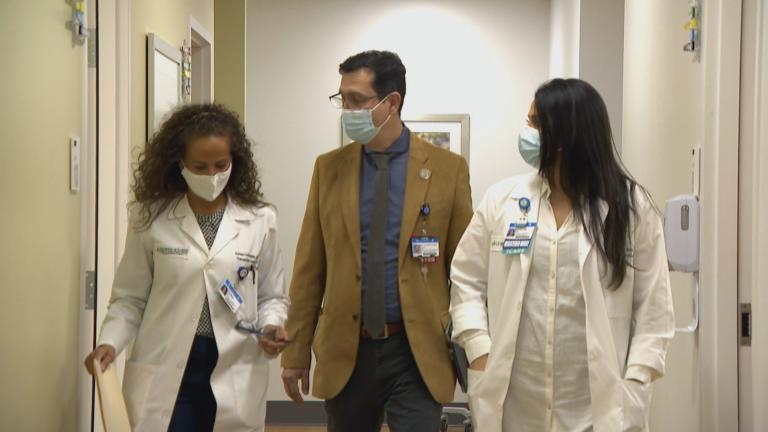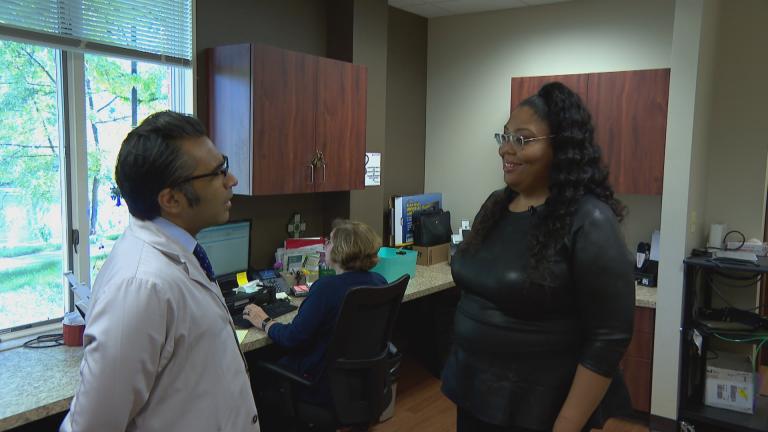Historically, the medical mistreatment of people of color has resulted in the mistrust of a system that saves lives. With health conditions like diabetes, high blood pressure and kidney disease on the rise within Black and Brown communities, physicians are working to restore trust.
Kidney Transplants
Despite more people receiving organs, it’s still not enough to meet high demand. Recently, the U.S. government announced a plan to revamp the way organ recipients are chosen and organs distributed.
Dr. Aleksandra Gmurczyk helped take two people off the waitlist when she donated her own kidney to a woman she had never met and launched a kidney-paired donation.
Last year, the National Kidney Foundation launched Kidney Health for Life, a campaign focused on educating and targeting the high rate of kidney disease among the Black, Asian and Latino populations.
Preventing the rejection of organ transplants. Could new research hold the key to long-term success? Ash-har Quraishi takes a look in this edition of Scientific Chicago.






